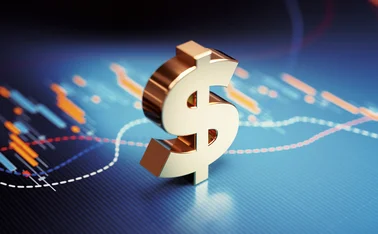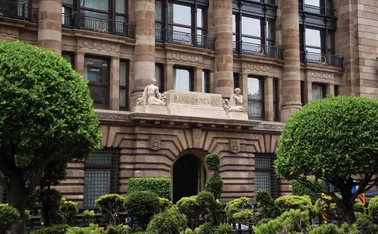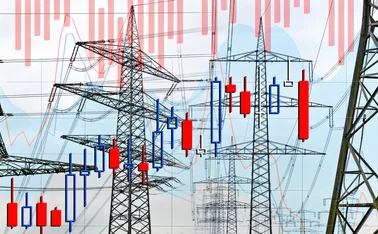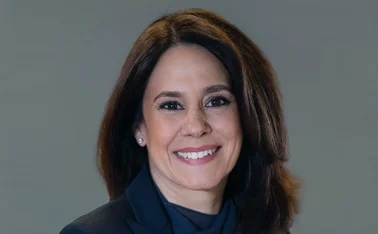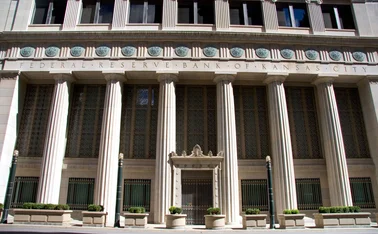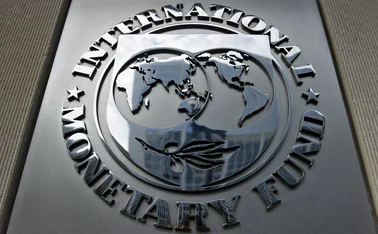
From bust to boom – Lighting the fuse in 1978

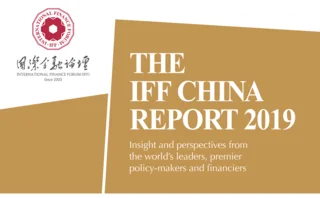
In the past 40 years, seismic changes have taken place not only within China, but in its relations with the rest of the world. Domestic living standards and China’s international status have improved to unprecedented levels. As President Xi Jinping said in 2017: “China is getting ever closer to the centre of the global stage.”
The Chinese economy has ballooned from RMB367.9 billion in 1978 to RMB82.7 trillion in 2017. Its foreign exchange reserves were US$167 million in 1978, yet today exceed $3 trillion. What impresses the world most is the improvement of people’s wellbeing. Per capita GDP registered merely $220 in 1978, but in 2017 amounted to more than $8,800 and is set to exceed the goal of $10,000 this year.
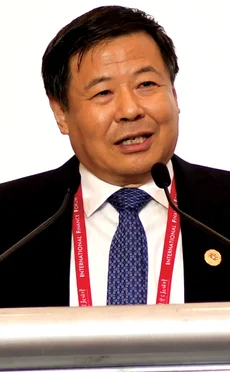
China’s economy has grown at an average annual rate of more than 9% over the past four decades, benefiting Chinese people and making the entire world take notice.
China embarked on its journey of ‘opening-up’ to the outside world during the process of deepening reform. Just weeks after the Third Plenary Session of the 11th Central Committee of the Communist Party of China in 1978, China accelerated the pace of its international integration and established diplomatic ties with the US in January 1979. It subsequently joined the International Monetary Fund and the World Bank in 1980.
China was once a recipient of the World Bank’s soft loans, which helped develop its economy. Following an economic boom, almost 40 years on, China is now an important donor to the World Bank in alleviating poverty in other parts of the world. China has also offered aid to the poorest countries and increased grants to international financial institutions. After trying for 15 years, the nation became a member of the World Trade Organization in 2001. Through its membership of these three international organisations, China has continued to push ahead with opening-up by facilitating further reform.
The Chinese economy has grown at an average rate of more than 9% over the past four decades, benefiting Chinese people and making the entire world take notice
However, despite having the world’s second-largest economy, China remains a developing nation. President Xi has emphasised that reform and opening-up in China will be an ongoing process. The country’s business environment global ranking has risen to 46th place from 78th, according to the World Bank’s Doing Business 2019 report. But there is still room for improvement.
In the face of unprecedentedly fierce competition in global productivity and severe challenges of unilateralism and protectionism, China’s top priority continues to be to enhance the lives of its people. In addition, China must firmly open to the outside world and unswervingly engage in global economic governance.
Almost four decades since China began opening up to the rest of the world, the country is now ready to begin the next phase of its journey, one that will be characterised by further reform, inclusiveness, openness and broader integration with the global economy.
Only users who have a paid subscription or are part of a corporate subscription are able to print or copy content.
To access these options, along with all other subscription benefits, please contact info@centralbanking.com or view our subscription options here: http://subscriptions.centralbanking.com/subscribe
You are currently unable to print this content. Please contact info@centralbanking.com to find out more.
You are currently unable to copy this content. Please contact info@centralbanking.com to find out more.
Copyright Infopro Digital Limited. All rights reserved.
You may share this content using our article tools. Printing this content is for the sole use of the Authorised User (named subscriber), as outlined in our terms and conditions - https://www.infopro-insight.com/terms-conditions/insight-subscriptions/
If you would like to purchase additional rights please email info@centralbanking.com
Copyright Infopro Digital Limited. All rights reserved.
You may share this content using our article tools. Copying this content is for the sole use of the Authorised User (named subscriber), as outlined in our terms and conditions - https://www.infopro-insight.com/terms-conditions/insight-subscriptions/
If you would like to purchase additional rights please email info@centralbanking.com
Most read
- ECB says iPhone is currently incompatible with digital euro
- ‘Do I die, or do I survive?’ Officials reflect on Basel III complexity
- French president calls for expanded ECB mandate

